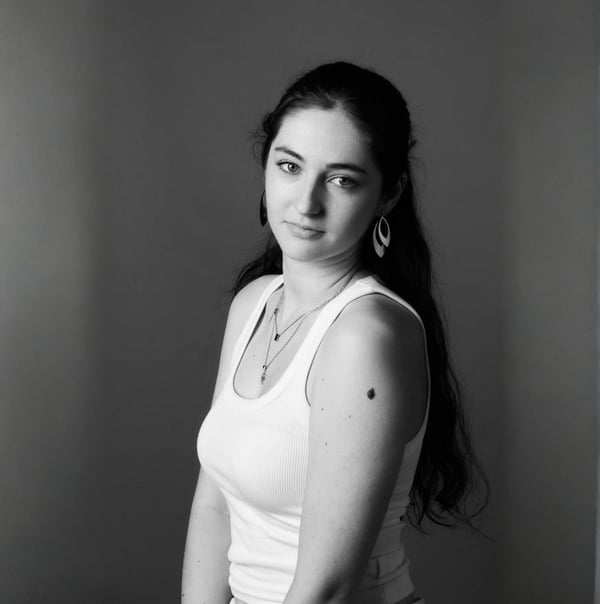7 Fashion Brand Marketing Strategies to Succeed in a Competitive Market
Table of Contents
- 1. Define and Refine Your Brand Identity
- 2. Build a Community, Not Just a Customer Base
- 3. Leverage Influencer & Creator Marketing the Right Way
- 4. Create High-Impact Visual Content (with Consistency!)
- 5. Master Your Social Channels - Don’t Be Everywhere
- 6. Prioritize Email and SMS Marketing
- 7. Use Data to Personalize and Optimize
- Summary Table of Strategies
- How Modelia Helps Fashion Brands Scale Smarter
- Align Your Marketing with Seasonal and Cultural Moments
- Final Thoughts
- FAQ: Fashion Brand Marketing Strategies
In the fast-paced world of fashion, a beautiful product is just the beginning. What truly sets successful brands apart is how they communicate their value, connect with audiences and stay ahead of trends. Whether you're a DTC startup or an established brand selling through marketplaces, the right marketing strategy can build loyalty, boost visibility, and drive sustainable growth. This guide outlines seven practical fashion brand marketing strategies to help you cut through the noise, grow your presence, and thrive in today's competitive landscape.

1. Define and Refine Your Brand Identity
Your brand isn’t just your logo or your color palette, it’s the full emotional and visual experience customers associate with you. Start by clarifying your mission, values, and tone of voice. Are you bold and trendy? Minimalist and sustainable? Inclusive and edgy?
Why it matters: A strong identity builds recognition and loyalty. When shoppers resonate with your brand’s story, they’re more likely to return, refer others, and become advocates.
Real example: Veja, the sustainable sneaker brand, has a clear eco-conscious identity that’s visible in everything from its packaging to its marketing copy, partnerships, and even supply chain transparency.
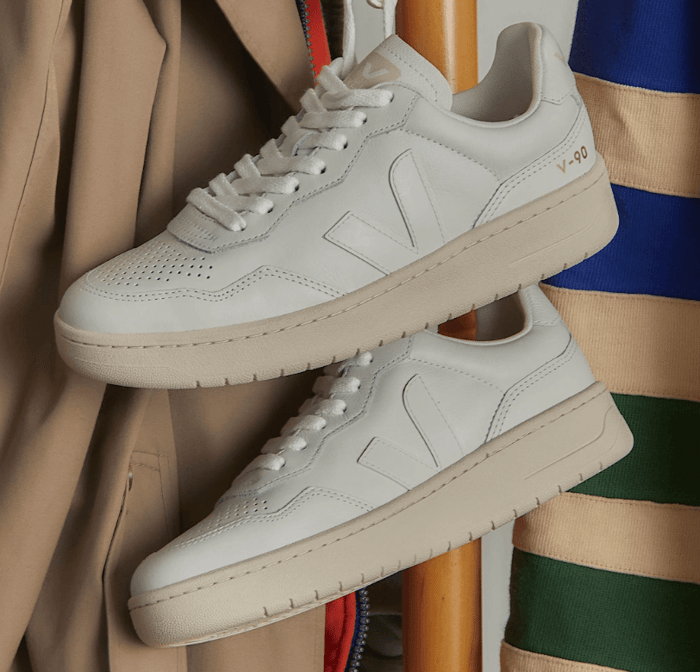
2. Build a Community, Not Just a Customer Base
People crave connection, not just products. The most impactful fashion brands cultivate communities, online and offline, by inviting customers into their world and giving them a voice.
How to do it:
Host styling challenges, brand Q&As, or behind-the-scenes livestreams
Feature user-generated content and real customer stories on social
Create private Facebook Groups or Discord channels to encourage brand interaction and peer-to-peer connection
Real example: Glossier grew into a beauty and fashion powerhouse by prioritizing community feedback and showcasing real users in its content, shaping product development around what people actually want.
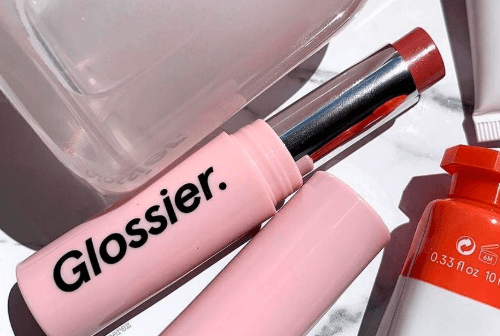
3. Leverage Influencer & Creator Marketing the Right Way
Influencers aren’t going anywhere, but how you work with them makes all the difference. Instead of chasing follower counts, focus on creators who authentically align with your brand’s aesthetics, values, and tone.
Pro tips:
Collaborate on capsule collections or limited-edition drops
Choose micro-influencers with strong engagement and trust
Use affiliate links and discount codes to track performance in real time
Encourage creative freedom to make content feel native
Real example: Fashion Nova exploded in growth by leveraging influencer marketing at scale, with a recognizable brand aesthetic, frequent drops, and thousands of influencers contributing to a constant stream of content.
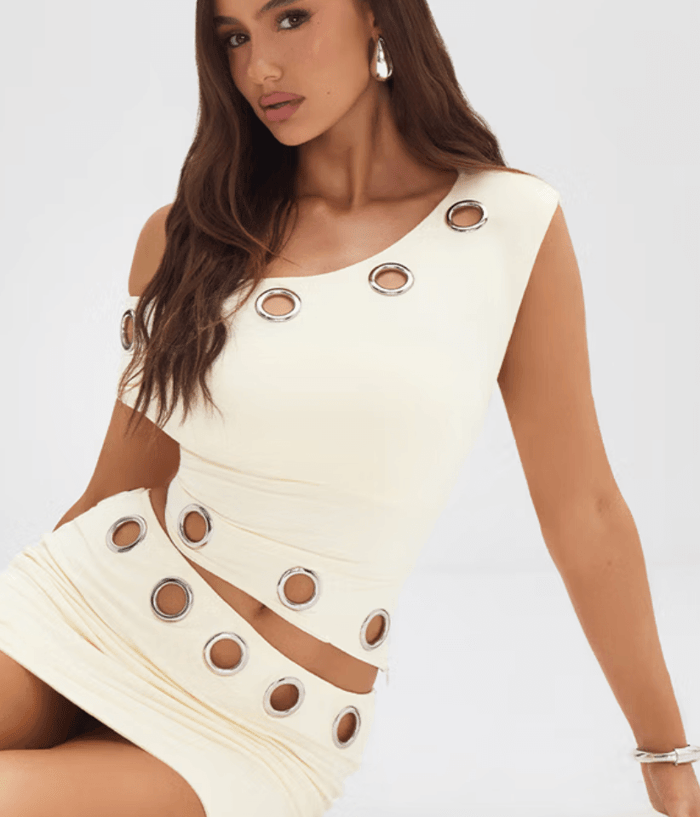
4. Create High-Impact Visual Content (with Consistency!)
Fashion is visual. Your product photos, videos, and lookbooks are often your first impression, make them count across every channel. A cohesive, premium aesthetic builds credibility and desire.
Where to focus:
Tell stories through your campaigns, not just features
Maintain a consistent visual tone across social, web, and ads
Invest in editorial-style content that mirrors your target customer’s aspirations and lifestyle
Bonus tip: AI tools like Modelia help fashion brands create beautiful product images, lifestyle photos, and campaign visuals in minutes, cutting content costs and accelerating creative testing cycles.
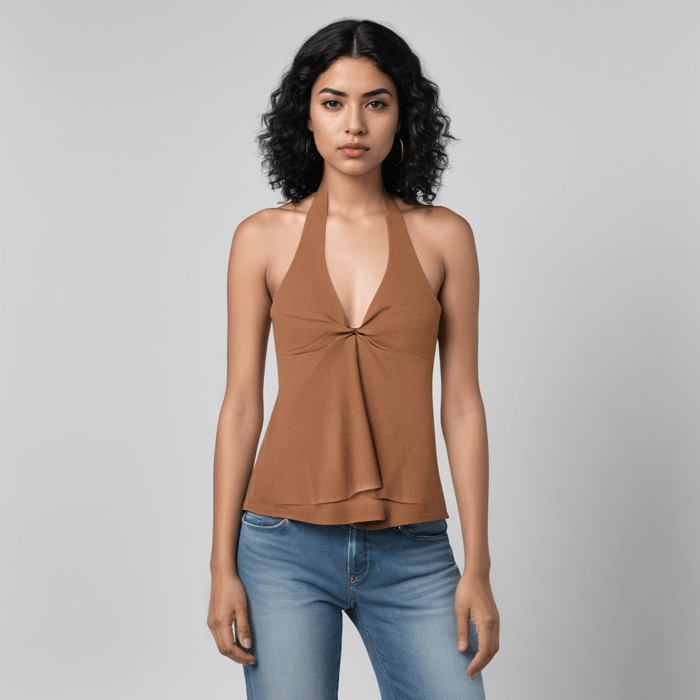
5. Master Your Social Channels - Don’t Be Everywhere
You don’t need to be on every platform, just the right ones. Pick 1 or 2 core channels where your audience already spends time, and go deep with platform-native content, consistent posting, and authentic interaction.
What works in 2025:
Short-form video (Reels, TikTok, Shorts) with trending audio
Interactive content (polls, questions, lives) to boost engagement
Behind-the-scenes, raw, and personality-driven storytelling
Real example: Aritzia's TikTok strategy combines stunning visuals with stylized behind-the-scenes moments that feel fresh, relatable, and aligned with Gen Z expectations.

6. Prioritize Email and SMS Marketing
Don’t underestimate owned channels. Email and SMS give you direct access to your audience without relying on social media algorithms, and they’re great tools for driving both engagement and revenue.
Tactics to try:
Send weekly style tips, not just promotions, to offer value
Build segmented automations for different customer journeys (e.g., first-time buyer, VIP, cart abandoner)
Offer sneak peeks, pre-sales, or exclusive access via SMS
Real example: Reformation’s emails are short, witty, and tightly aligned with their brand voice, offering a blend of product features, fashion tips, and sustainable values.
7. Use Data to Personalize and Optimize
The best marketing is data-informed and customer-driven. Use analytics to refine your strategy over time, from campaign performance to product demand forecasting.
What to track:
Product click-through and add-to-cart rates by channel
Open and conversion rates for emails and SMS
Engagement trends by platform, time of day, or demographic segment
A/B testing of visuals, copy, and content format
Tools to consider: Google Analytics 4, Shopify Reports, Klaviyo, Meta Ads Manager, and AI tools like Modelia for performance-driven content creation.

Summary Table of Strategies
Strategy | Why It Works | Example Brand |
|---|---|---|
Brand Identity | Builds recognition and trust | Veja |
Community Building | Increases engagement and loyalty | Glossier |
Influencer Marketing | Expands reach authentically | Fashion Nova |
Visual Content | Enhances brand perception | Any fashion DTC using Modelia |
Social Media Focus | Increases ROI with fewer resources | Aritzia |
Email & SMS | Own your audience, boost repeat purchases | Reformation |
Data-Driven Decisions | Improves performance and personalization | Modelia clients, Shopify brands |
How Modelia Helps Fashion Brands Scale Smarter
At Modelia, we help fashion brands streamline their visual content creation delivering high-quality imagery in a fraction of the time and cost of traditional photo shoots. Our AI platform is designed for speed, flexibility, and consistency, making it easier than ever to keep up with the fast pace of fashion marketing.
Whether you're testing new styles, launching seasonal collections, or optimizing performance for paid ads, Modelia enables your team to generate editorial-level content at scale. You can produce on-model images, flat-lays, ghost mannequins, and stylized compositions, fully aligned with your brand’s guidelines and instantly adaptable to different platforms or campaigns.
By removing the logistical barriers of traditional production (reshoots, location scouting, last-minute changes), Modelia shortens go-to-market timelines, reduces content fatigue, and ensures a steady flow of fresh assets. DTC brands, multi-brand retailers, and global marketplaces all use Modelia to stay visually consistent, campaign-ready, and hyper-relevant.
If your team is looking to move faster, scale smarter, and stand out visually, Modelia is built for you.
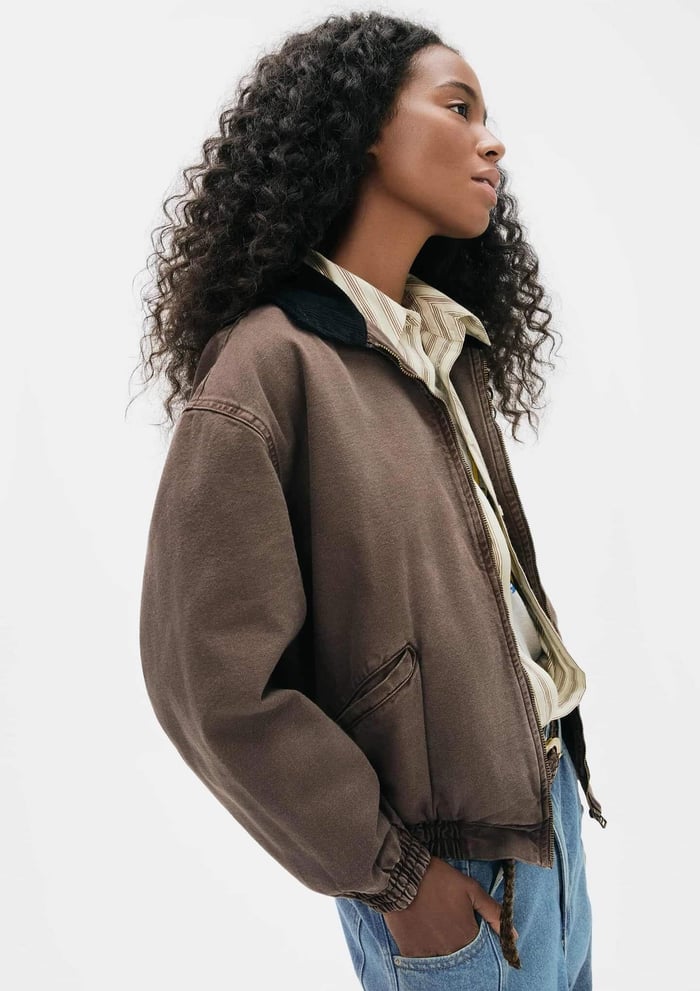
Align Your Marketing with Seasonal and Cultural Moments
Fashion is cyclical, and the most successful brands know how to tap into the rhythms of the year. Aligning your campaigns with cultural moments, seasonal trends, and relevant events keeps your brand timely and top-of-mind.
Tactics to consider:
Plan ahead for key retail moments (e.g., Fashion Week, Black Friday, Earth Day)
Create capsule drops tied to seasons or local events
Use calendar-based storytelling across your channels
Real example: GANNI consistently ties launches to Copenhagen Fashion Week and uses timely collaborations to stay culturally relevant.
Final Thoughts
In a saturated market, fashion brands need more than great design, they need strategic storytelling, consistent visuals, and community-driven growth. By applying these seven marketing strategies and leveraging smart tools like Modelia, you’ll be better positioned to attract attention, build trust, and convert loyal customers.
Remember, great marketing isn’t about being loud, it’s about being clear, relevant, and consistent. Start scaling your fashion brand smarter, with creativity, intention, and the power of AI.
Keep learning about fashion and AI in our web site.
FAQ: Fashion Brand Marketing Strategies
What are the most effective marketing strategies for fashion brands?
The most effective strategies include storytelling through social media, influencer collaborations, email marketing, SEO-driven content, and offering personalized shopping experiences.
Why is branding important for fashion marketing?
Strong branding builds recognition, trust, and emotional connection with customers, which helps fashion brands stand out in a competitive market and drive long-term loyalty.
How can fashion brands use digital marketing to grow?
Fashion brands can leverage Instagram, TikTok, and Pinterest for visual storytelling, use paid ads for targeted reach, optimize their websites for SEO, and create engaging blog content to attract new customers.
What role does sustainability play in fashion brand marketing strategies?
Sustainability has become a key factor in consumer decision-making. Highlighting eco-friendly materials, ethical production, and transparency can strengthen brand image and appeal to conscious shoppers.
How would you rate this article:
Related Articles
- Best AI Image Generator for Shopify
- AI Video Generator for Shopify
- Top 5 AI Outpainting Tools to Expand and Complete Your Images with Ease
- Transform Your Photos Using AI Editing Tools
- Top 9 AI Image Description Generators to Create Accurate Captions Automatically
- 7 Fashion Brand Marketing Strategies to Succeed in a Competitive Market
- Smart Clothing Technology: The Future of Wearable Tech and Fashion Innovation
- Best AI Model Studio Software for 2025
- Virtual Makeup Try-On: How AR Technology is Revolutionizing Beauty Shopping
- How to Style Oversized Blazers: 5 Chic Outfit Ideas


